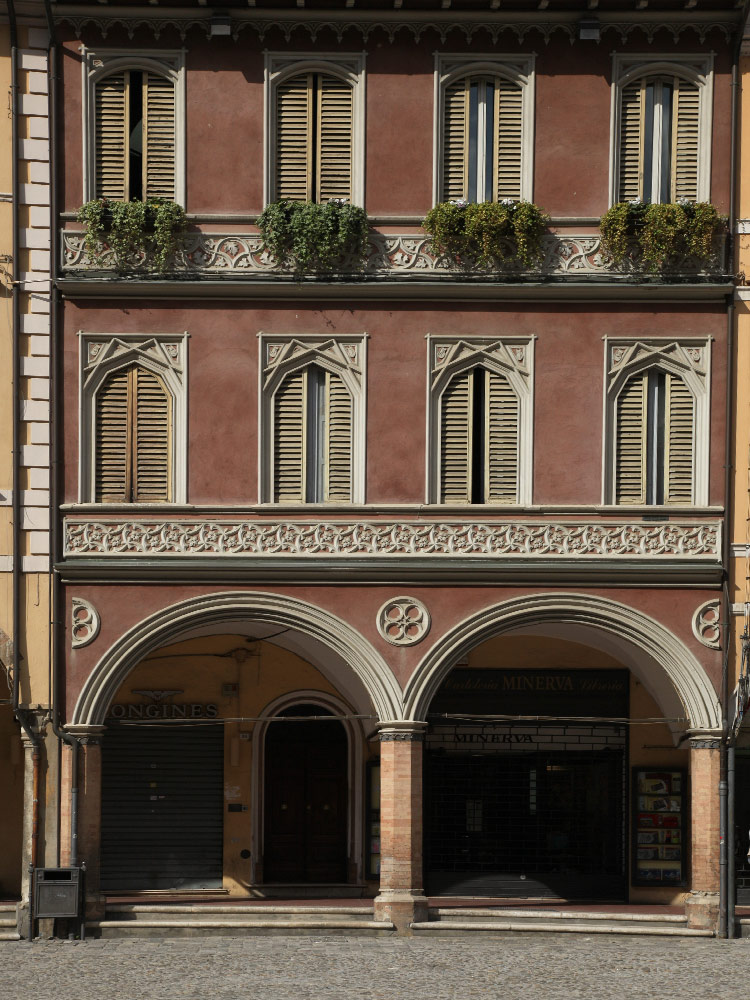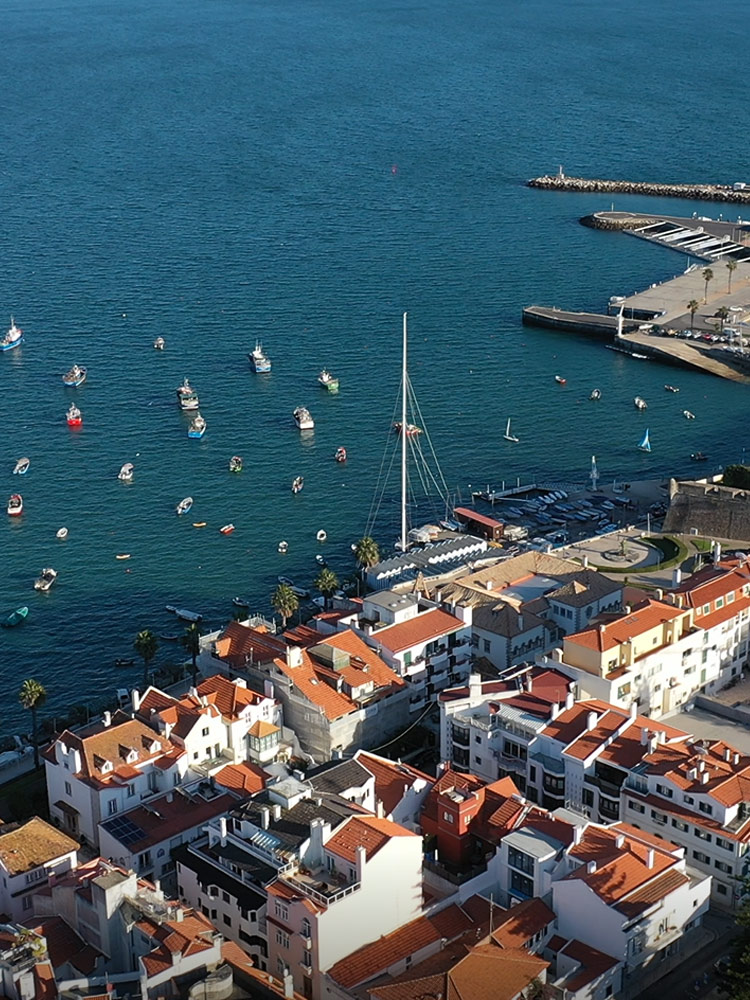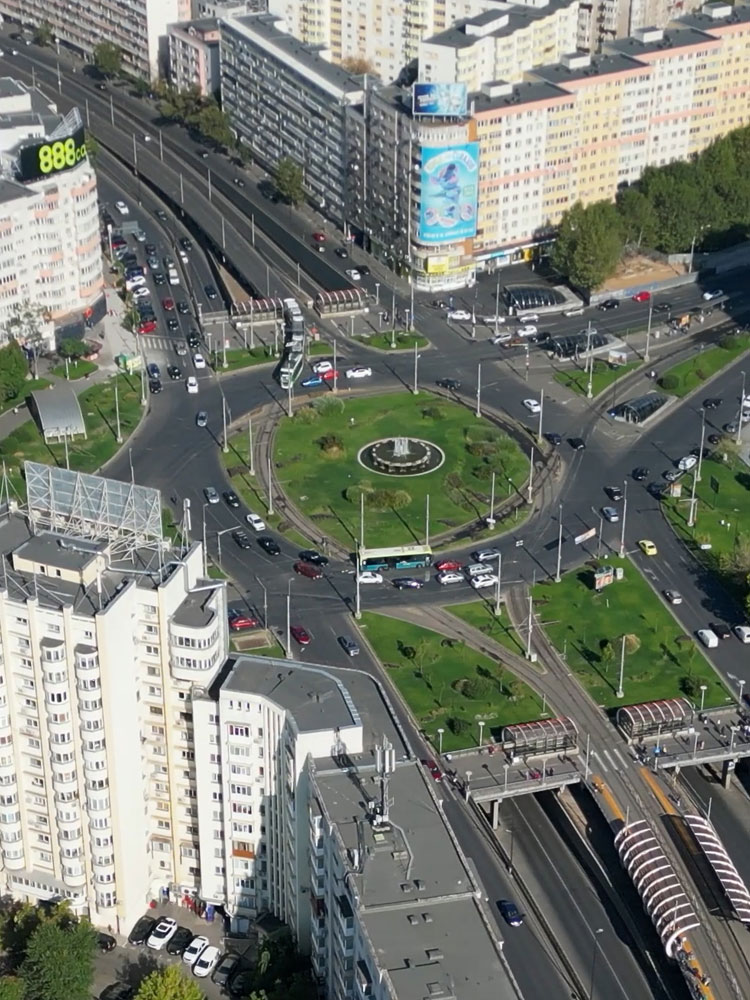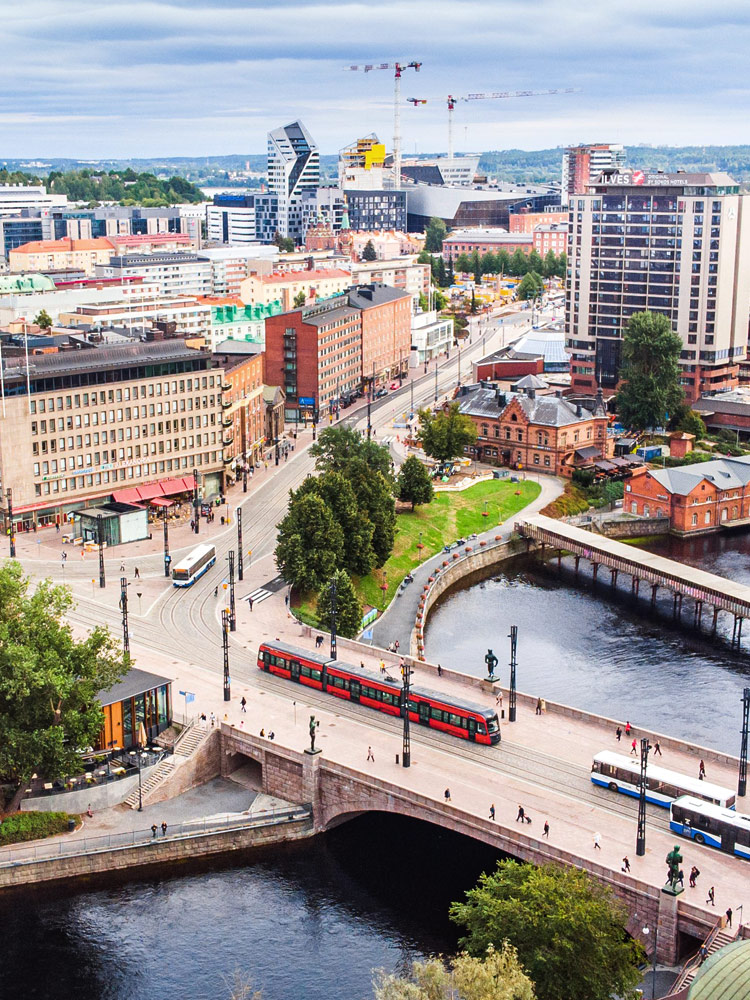The WeGenerate journey starts with the four Demo Cities, which are the core of the project and were purposefully selected to represent distinct characteristics, including geographical location, climatic condition, physical sizes, land use and demographic of the population.
The Demo Cities also present different challenges in the local context that trigger the needs for urban regeneration and different transformation paths. By drawing similarities and finding discrepancies between the Demo Cities in terms of what solutions (technological, social and digital) work, where, for whom, how and why, WeGenerate aims to identify the key ingredients and recipes for sustainable and people-centric urban regeneration, which can be generalised, transferred and reinvented in other European neighbourhoods.
CESENA, Italy
Re-Activating Urban Space from City Gateway to Neighbourhood
Railway station as a city gateway has become a key anchor of urban regeneration in many cities across Europe. This Demo in Cesena aims to utilise the redevelopment of the railway station as a unique opportunity to revitalise a residential neighbourhood in the vicinity. Instead of focusing on merely space creation, the Demo seeks to create new social values for the area and by doing so, stimulates local growth. It will make the process an ‘Active City Experiment’ with the local communities and together co-create a more dynamic, vibrant, inclusive and climate-resilient neighbourhood
LEARN MORE
CASCAIS, Portugal
Social Neighbourhood as an Active Energy Community
This Demo in Cascais aims to turn a disadvantaged social housing neighbourhood into an active citizen energy community. Existing energy communities around Europe involve mostly moderate to higher income households. By extending the opportunities and lowering the barriers for socially vulnerable households to participate in energy communities, this Demo aims to open up a new energy transition pathway for deprived neighbourhoods in Cascais and the wider Lisbon metropolitan area.
LEARN MORE
BUCHAREST, Romania
Open Campus for Neighbourhood and Climate
Bucharest is a melting pot of cultural, social and urban stories. As with many big cities around the world, green open spaces are scarce in the dense urban environment. It is widely recognised that urban parks and green spaces do not only serve recreational needs but they also encourage positive social interactions, which cultivate social cohesion in ways that enhance well-being as well as increased social engagement. The challenge is how to create pockets of green spaces in dense urban neighbourhoods that bring about these positive healthy lifestyle and social changes.
LEARN MORE
TAMPERE, Finland
Human-Centric Walkable City
Tampere is the third biggest city in Finland and the most populated inland city in the Nordics. As with many city centres across Europe, the Tampere city centre is facing the threat of decline. The Tampere Sense of Safety survey (2021) revealed that residents felt least safe in the city centre area and in general, they found the place unattractive for pedestrians. Shifts in consumer behavior, like the surge in online shopping, coupled with inflation and the energy crisis, are stalling the path to design attractive areas in the city centre. This Demo aims to revitalise the Tampere city centre to make it walking-friendly in order to bring back people and businesses while encouraging a healthy low-carbon lifestyle of citizens and reducing the city’s carbon footprint.
LEARN MORE